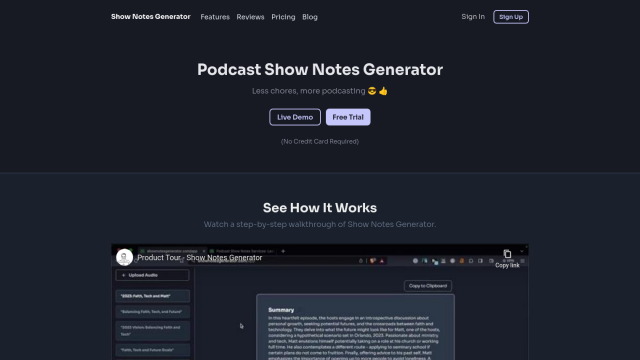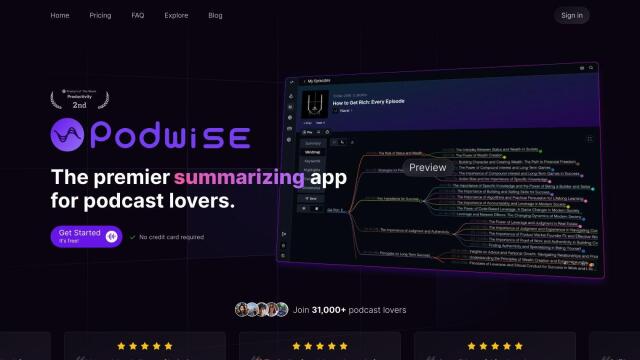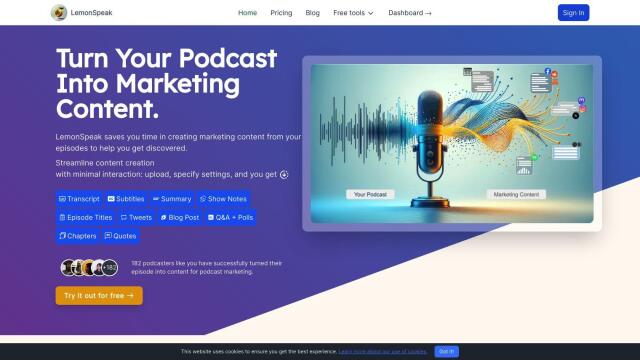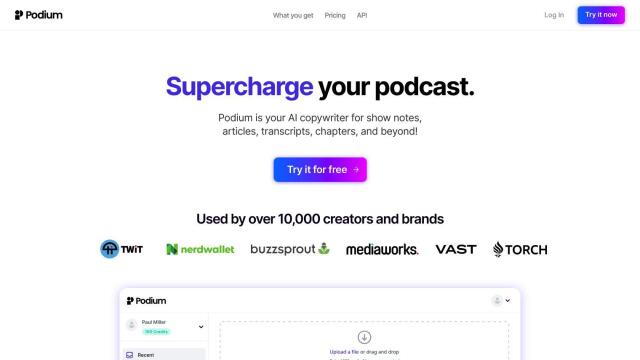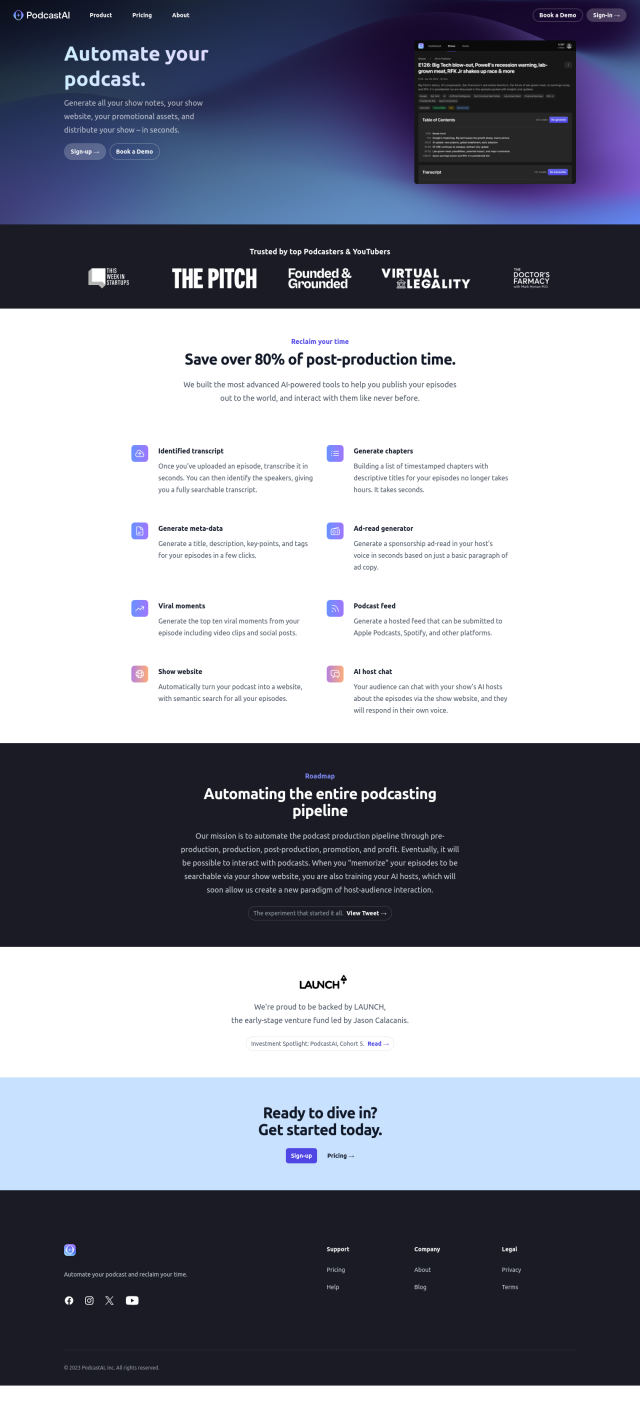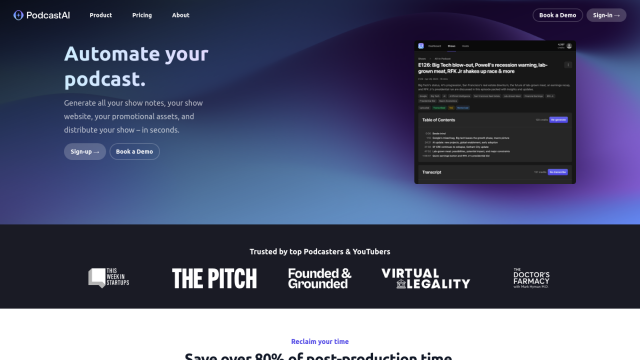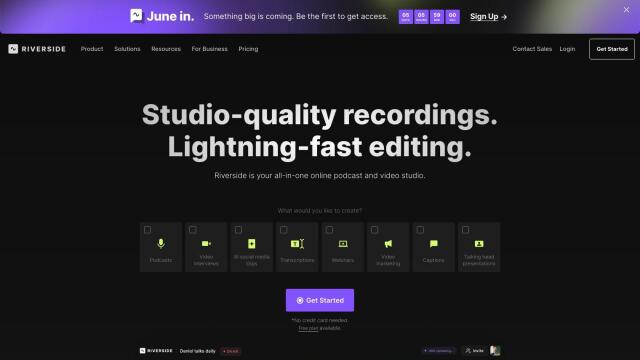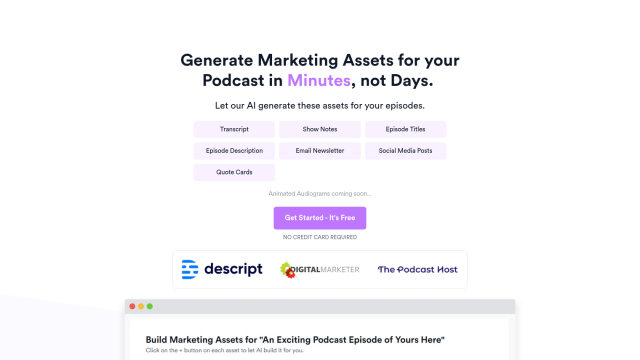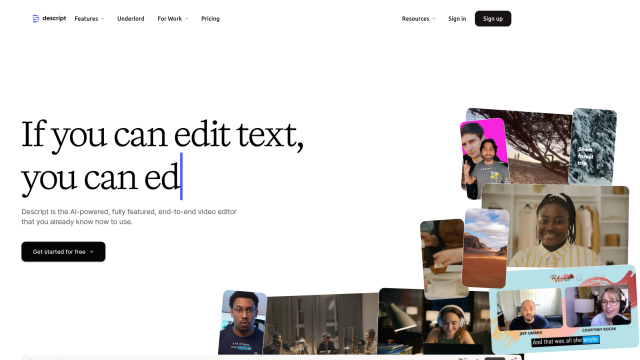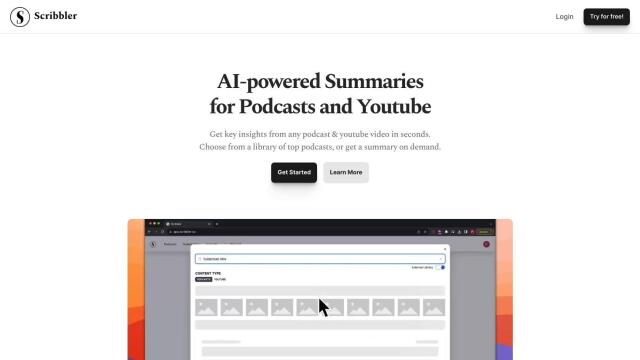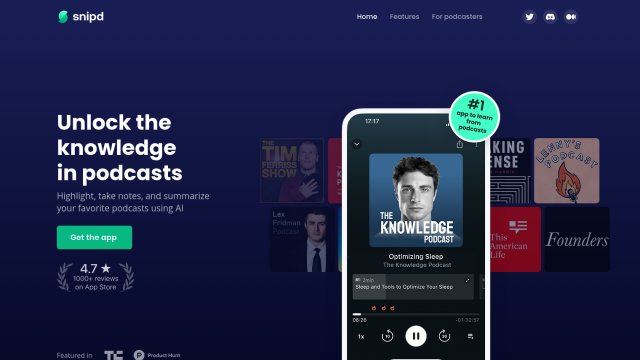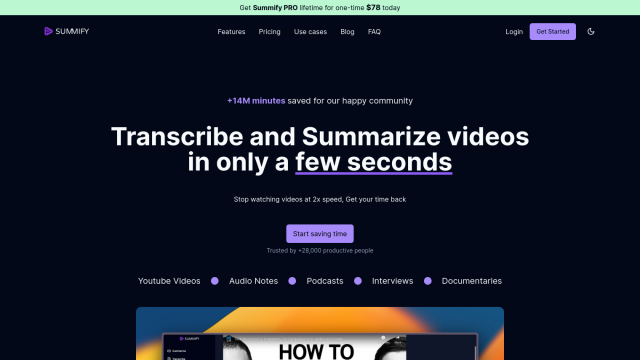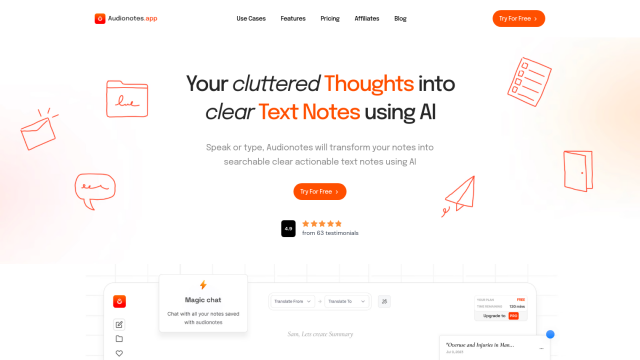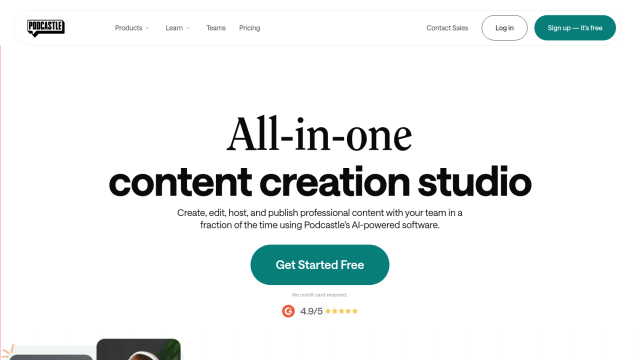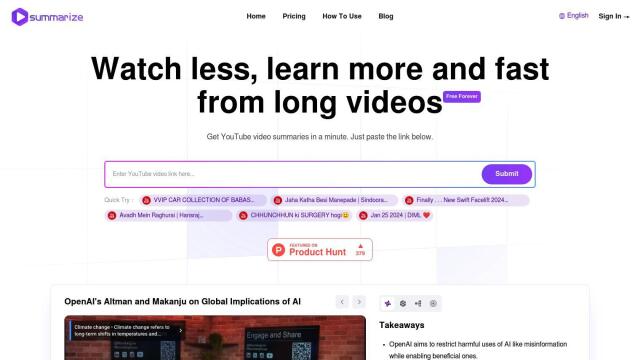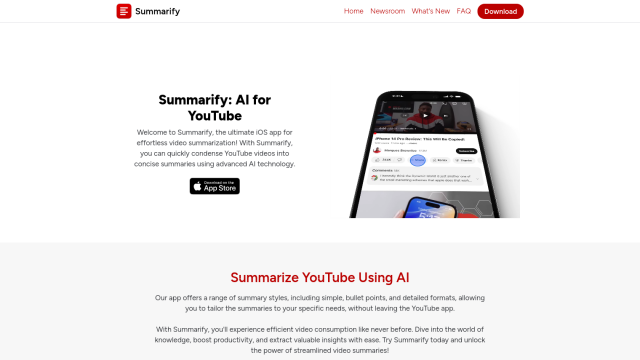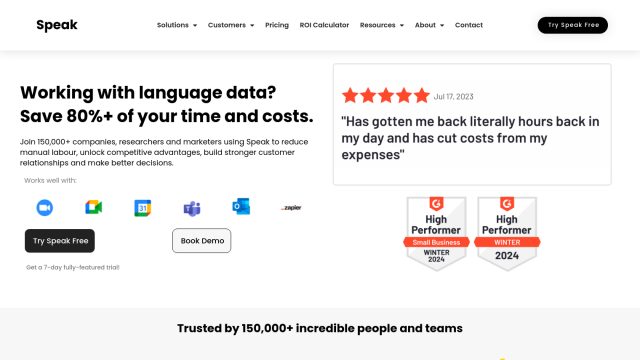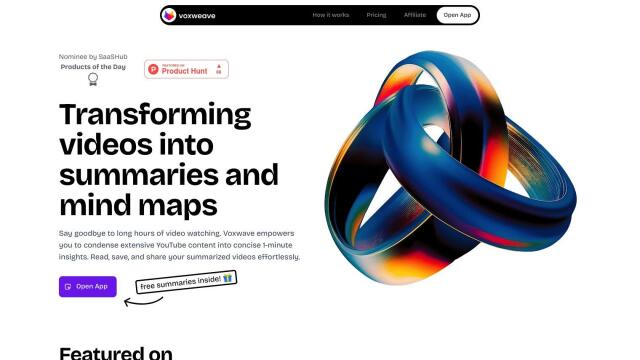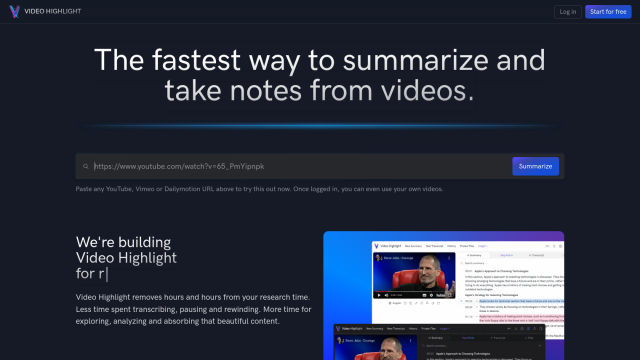Question: I need a solution that can help me summarize the main points of my podcast episodes and create a newsletter for my audience.

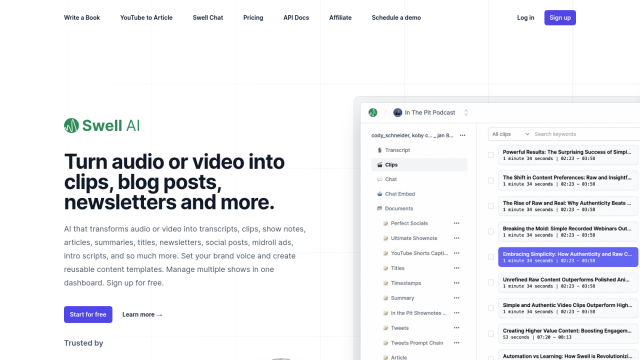
Swell AI
If you want a more all-purpose tool to summarize your podcast episodes and send newsletters to your audience, Swell AI is a good option. The tool converts audio or video into a range of formats, including transcripts, clips, show notes, articles, summaries, titles, newsletters and social posts. It also can suggest AI-generated material and automatically label speakers. It's designed to help you oversee and optimize your content. Pricing ranges from Hobby (free) to Agency ($49/month), so it's geared for podcasters and content creators who want to speed up production and automate some of the grunt work.

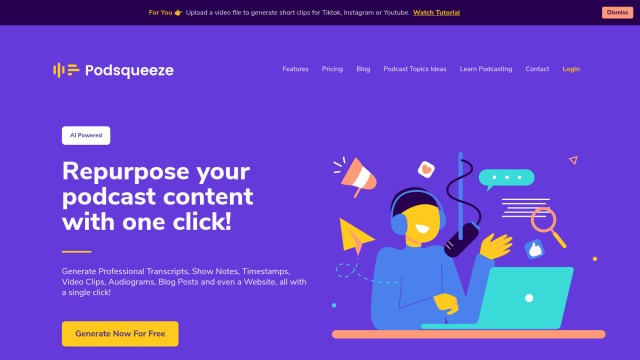
PodSqueeze
Another option is PodSqueeze, an AI-powered tool to help you create podcast content more quickly. It can generate full transcripts, show notes, timestamps and chapter markers. It also can create social media posts, blog posts, newsletters and even subtitled video clips and audiograms. Pricing tiers include a free option, so PodSqueeze is good for solo podcasters and agencies that want to speed up their workflow and improve their content strategy.


Podfy AI
If you prefer a more accessible interface, Podfy AI lets podcasters convert episodes into multimedia content with a few clicks. It works in more than 30 languages and generates transcripts, show notes, time stamps, tweets, quotes and newsletters. The AI system lets creators fine-tune the content, adjusting tone and correcting errors. Podfy AI is designed to be easy to use, and it comes with a free version and a community forum for help and networking.


Castmagic
Last is Castmagic, which can convert long-form audio into a variety of content assets with AI. The system works in multiple languages and can generate items like verbatim transcripts, timestamped notes and customizable assets like shownotes, summaries and social media posts. Pricing tiers are flexible, so Castmagic is good for podcasters and content creators who want to automate content processing and free up some time.

